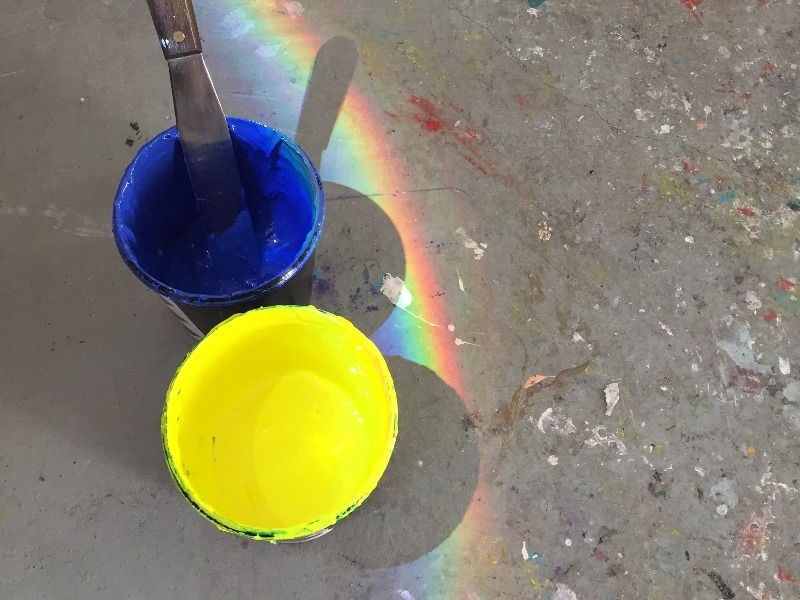Screen printing is a versatile and popular printing method that allows for the creation of vibrant and durable designs on various surfaces. One of the critical components of a successful screen printing project is the type of ink used. The choice of ink can significantly impact the final outcome of your design in terms of colour vibrancy, durability, and overall quality. In this guide, we'll explore the different types of inks available for screen printing and help you make an informed decision for your next project.

Water-Based Inks
Water-based inks are an eco-friendly option that has gained popularity in recent years. These inks are known for producing soft and breathable prints, making them an excellent choice for printing on fabrics. They are also easy to clean up and are less harmful to the environment compared to solvent-based inks. However, they may not be as durable as some other options, making them more suitable for lighter wear and limited wash cycles.
Plastisol Inks
Plastisol inks are the most commonly used inks in the screen printing industry. These inks consist of PVC particles suspended in a plasticising emulsion. Plastisol inks are known for their durability, vibrant colours, and versatility. They work well on a variety of surfaces, including textiles, paper, and metal. Keep in mind that plastisol inks require heat curing, so they are best suited for projects where the printed material can withstand high temperatures.

Discharge Inks
Discharge inks are a water-based option that is designed to remove or discharge the existing colour of the fabric and replace it with the ink colour during the printing process. This results in a soft, breathable print with a vintage look. However, discharge inks work best on 100% cotton fabrics, and the colour outcomes can vary depending on the garment's dye content.
Solvent-Based Inks
Solvent-based inks are durable and adhere well to various surfaces, including plastics and metals. These inks contain volatile organic compounds (VOCs) and require proper ventilation during the printing process. Solvent-based inks are known for their longevity and resistance to fading, making them a suitable choice for outdoor applications. However, they may not be the most environmentally friendly option due to their VOC content.

UV-Curable Inks
UV-curable inks are cured using ultraviolet (UV) light, resulting in a quick and efficient printing process. These inks work well on a variety of surfaces and are known for their high colour vibrancy and durability. UV-curable inks also offer the advantage of being solvent-free, making them a more environmentally friendly option. However, the need for UV curing equipment can add to the overall cost of the printing setup.

Choosing the right ink for your screen printing project is crucial in achieving the desired results. Consider factors such as the type of material you're printing on, the desired durability of the print, and any environmental considerations. Whether you opt for water-based, plastisol, discharge, solvent-based, or UV-curable inks, each type has its unique advantages and considerations. By understanding the characteristics of each ink type, you can make an informed decision that aligns with your project goals and sustainability preferences. Happy printing!
Back & Forth Prints are a Dorset-based custom skateboard and screen printer. We work with a vast portfolio of global and local brands, printing professional standard skateboards, garments and more for some of the world's most recognised companies and professional skateboarders.
If you want to learn more about our printing services or have any questions, contact us here.
By mostly.
